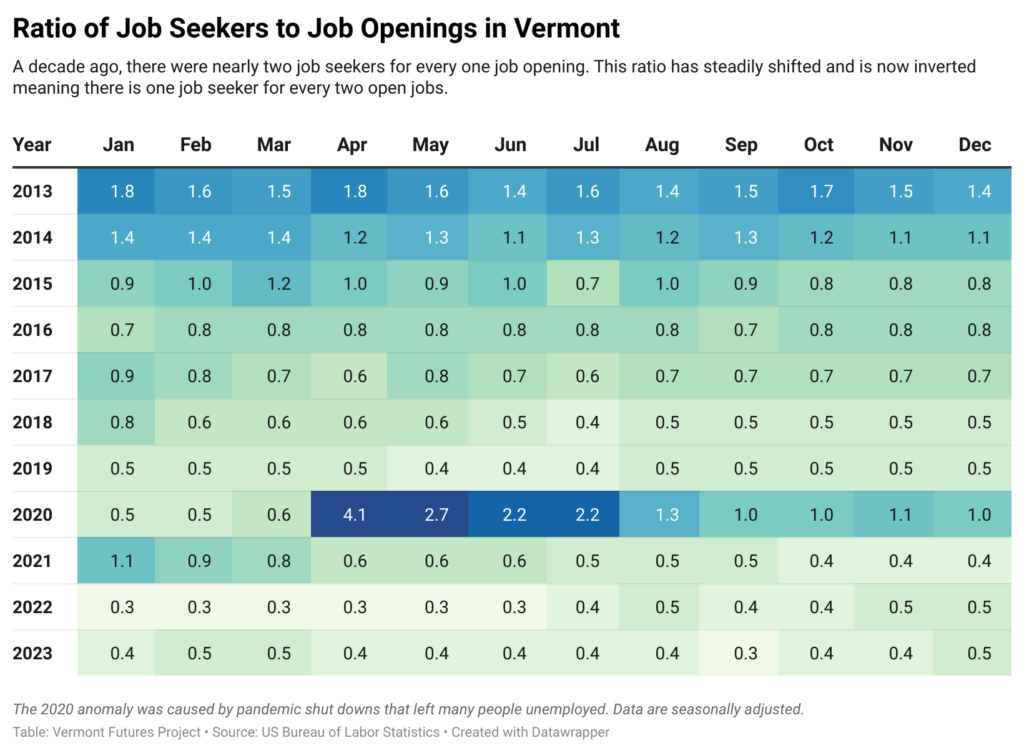Name: Nicholas Samson
College: University of Vermont
Field of Study: Environmental Studies Major, Political Science Minor
Anticipated Graduation: May 2025
Hometown: Simsbury Connecticut
What past or current experiences have prepared you for your internship with the Vermont Chamber of Commerce?
My interest in working for the Vermont Chamber of Commerce stems from my deep admiration for Vermont and my passion for legislation and policy. Throughout my undergraduate career, I have explored various facets of environmental politics and policy, particularly through courses such as Environmental Law, Introduction to Environmental Policy, and Ecological Economics. These classes have broadened my understanding of how interconnected the environment is with systems such as legislation, land use, business, and commerce. This interdisciplinary foundation equips me to address key issues relevant to the Chamber, including land and natural resource use, policy implementation, and sustainable business practices.
Additionally, my internship with Travelers Insurance in the Bond and Specialty Insurance group strengthened my ability to work in a professional environment and align my work with organizational goals. In this role, I developed and spearheaded the creation of adult learning training modules for claim filing software, honing my skills in synthesizing complex information, project leadership, and effective communication.
Between my knowledge of policy and sustainability and practical business acumen, these experiences have prepared me to contribute meaningfully to the Vermont Chamber. I am excited to apply my skills to support the Chamber’s mission and advance Vermont’s economic and environmental goals
What are you most looking forward to/what do you enjoy the most as part of your internship experience? What skills are you developing?
What I am most looking forward to in this internship is the unique opportunity to immerse myself in the channels and processes of government that come to life within the State House. Being on-site provides invaluable hands-on experience, allowing me to witness the inner workings of Vermont’s legislative process and interact with prominent figures in state politics. This environment offers practical, real-world knowledge that complements and enhances what I’ve learned in the classroom.
The internship is also strengthening my skills in networking and communication, particularly through the Vermont Chamber’s ability to connect me with diverse individuals and groups who inspire and challenge me. Engaging with professionals from various sectors has broadened my perspective and sharpened my interpersonal abilities.
Additionally, the fast-paced nature of the State House has honed my ability to adapt and learn quickly. Navigating new and dynamic situations has taught me to stay flexible and resourceful, skills that will undoubtedly serve me well in my future endeavors.
Overall, I am excited to continue growing through this experience and look forward to applying these skills to support the Vermont Chamber’s mission and my long-term goals in policy and environmental law.
What are your plans for after college?
My long-standing goal after graduation has been to attend law school, and I was honored to be accepted into the UVM/Vermont Law School 3+2 program. However, I decided to slow down my law school track to explore other opportunities, including studying abroad and gaining valuable experience through my current internship with the Vermont Chamber.
During this time, I’ve shifted my immediate focus toward applying for various Peace Corps positions. Volunteering and traveling have always been passions of mine, and I am eager to apply my background in environmental studies and understanding of economic development to make a meaningful impact in communities where I am most needed. I view this as an opportunity to deepen my understanding of global challenges and further develop the skills and perspective that will inform my future career in law and public policy.
In the intervening time between graduation and my potential Peace Corps service, I hope to remain in Vermont, contributing to the state I care deeply about, by working in the legislature or with businesses represented by the Vermont Chamber. During this time, I also plan to prepare for the LSAT and further refine my aspirations for law school.
Anything else potential employers should know about you?
As someone deeply connected to Vermont through family heritage spanning various towns in the Northeast Kingdom and personal lived experiences across the state, I am deeply invested in Vermont’s future. I bring a unique combination of academic knowledge, practical experience, and a strong work ethic to everything I do.
My background in environmental studies and political science, coupled with hands-on experience at the State House and professional roles such as my internship with Travelers Insurance, has equipped me to tackle complex challenges like policy development, sustainable business practices, and community engagement with creativity and determination.
I am passionate about contributing to Vermont’s economic and environmental growth and am always eager to explore opportunities where I can make a meaningful impact. I welcome the chance to connect and discuss how my skills and dedication can support your organization’s goals.
How should potential employers contact you?
Employers seeking someone dedicated, resourceful, and driven to make a difference are welcome to connect with me—I’d love to explore how I can support your goals. I can be reached in the following ways:
Email – nicswamson@gmail.com
LinkedIn – www.linkedin.com/in/nicsamson



